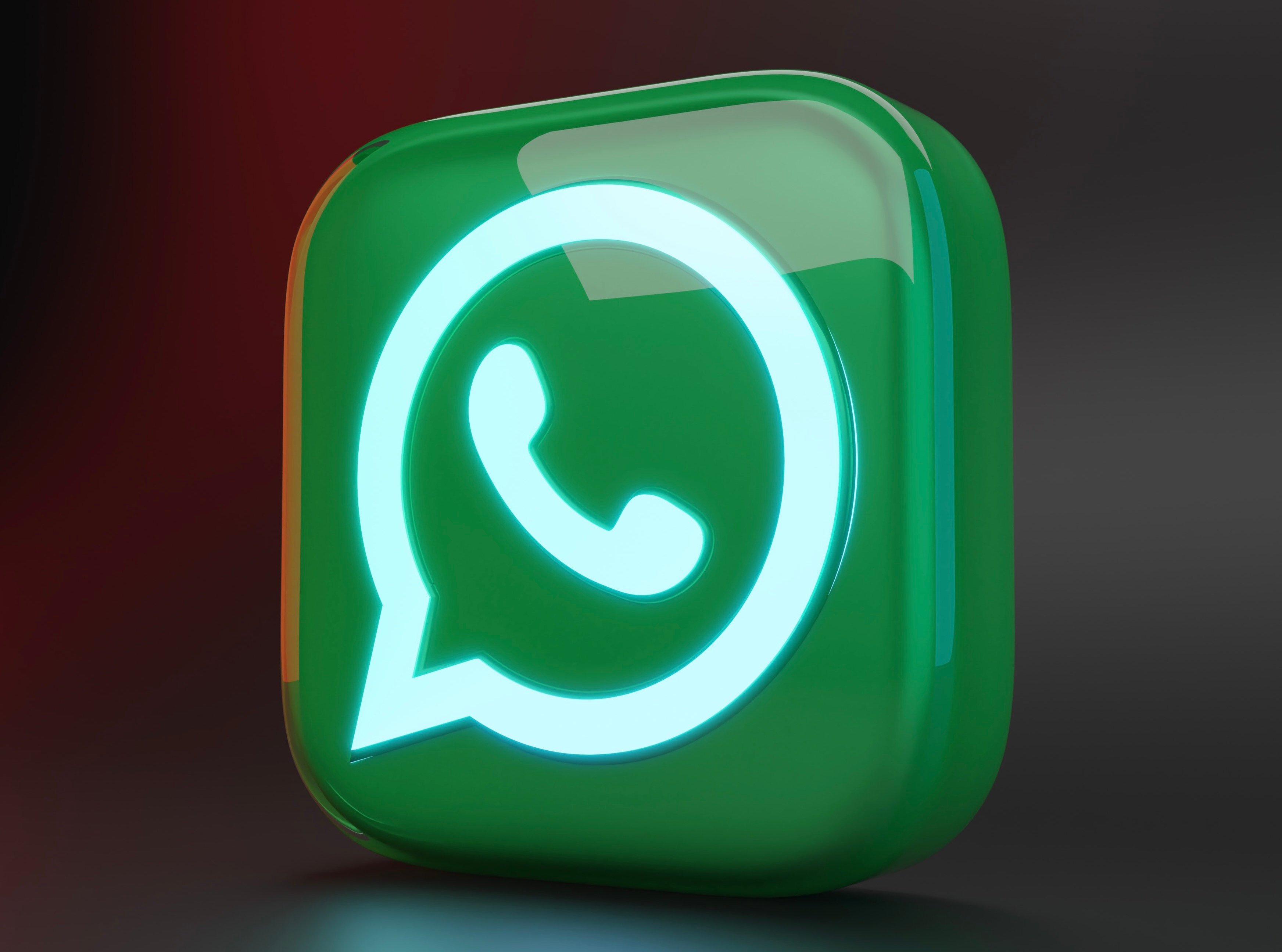A growing number of suppliers are showing an interest in the technology and with good reason
There’s no mistaking the size of the opportunity that B2B WhatsApp offers, so it’s no surprise that everyone wants a piece of the action.
Any communications channel, like WhatsApp, that can boast a 98% open rate and between 45-60% clickthrough rates (source: Meta) is going to be grabbing people’s attention in more ways than one, so naturally it’s not just wholesalers and buying groups wanting to find out more about it.
Suppliers are also starting to see the potential benefits of getting in on the act, with some already putting marketing spend behind promotions on some wholesalers’ B2B WhatsApp channels. But how much of a role has WhatsApp got to play for suppliers in the next few years?
Here’s what we expect to see coming down the line.
B2B WhatsApp becoming a key advertising option
A handful of suppliers are already putting marketing spend behind promotions on B2B WhatsApp channels being run by some of the more commercially savvy wholesalers – not only creating a lucrative revenue stream for wholesalers, but a new way for suppliers to reach retailers and foodservice outlets too.
This is a trend that’s only going to grow as B2B WhatsApp channels establish themselves in the sector and more suppliers hear about the level of engagement they deliver. It’s obvious to see this will reach the stage when WhatsApp marketing will become a key strand of the terms a supplier agrees with a wholesaler at the beginning of each year.
Supplier-owned WhatsApp channels
The prospect of supplier-owned channels is now starting to emerge, with suppliers seeing the benefit of using WhatsApp to hit the retailers their messages through the current wholesaler channels aren’t reaching. It also provides an avenue to share non-promotional advice, such as on seasonal merchandising and category management.
In recent years, several suppliers have launched microsites to communicate information like this, although the challenge has always been driving regular traffic towards those destinations. WhatsApp is the perfect solution for this, either to point customers in the direction of these websites or as a standalone channel that becomes a resource for supplier advice.
Deals to drive customers to spend more
A supplier-owned channel may not be directly linked to an eCommerce platform in the same way a wholesaler’s would be, but that doesn’t mean they can’t directly drive higher spend.
WhatsApp-specific discounts could offer a set amount of money off certain products when used with wholesale partners. This means that discounts don’t impact other pre-agreed terms by committing to a set price, while also adding extra value to those wholesalers who work closely with suppliers.
Personalised supplier promotions
The personalisation B2B WhatsApp offers provides a big opportunity to target different customer segments with messages tailored to their geographical region, business type or spending habits.
While targeting engaged customers offers high value, so do those that don’t stock particular brands or products. If the information is available and the correct GDPR approvals are in place, non-stockists can be identified and targeted with promotions that spell out the reasons why they should re-think. While message engagement may not be as high because of the nature of the audience, the possible riches on offer by convincing people to change their habits are huge.
B2B WhatsApp becomes a test-and-learn environment
By creating a small, highly engaged group of customers, suppliers can gain valuable insights by contacting them directly through B2B WhatsApp. Messages can be developed to act as surveys to gauge how an audience will react to certain products or advice, with the speed of the responses on WhatsApp meaning that results are gathered quickly. The private messaging function also provides an opportunity for customers to send feedback without everyone else in the group seeing it.





